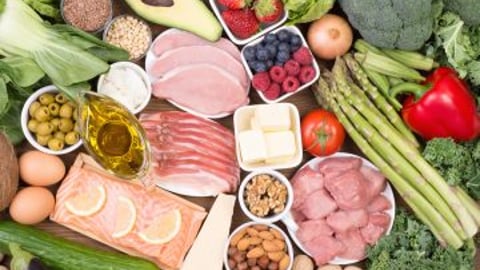More coupons, less food waste: Canadians’ 2022 food-related resolutions (Survey)
Saving money is tops on Canadians’ food-related New Year’s resolutions.
In an end-of-year survey of 10,000 Canadians by Agri-Food Analytics Lab at Dalhousie University, in partnership with Caddle, 63% of respondents said they plan to change their food shopping habits in 2022.
The top shopping-related resolution is to use coupons more often (52.8%). That’s followed by: not eating out as much (51.7%); reading flyers more often (45.5%); visiting different food retail stores (31.9%); buying in bulk more often (30.3%); buying discounted food that’s about to expire (26.8%); and visiting the freezer aisle more often (17.6%).
In a similar survey last year, 47% of Canadians said they intended to use coupons and read flyers more often; 43% planned to buy in bulk more often; and 25% said they intended to visit the freezer aisle more often. In 2022, just 15% said they planned to eat more plant-based products and less meat, down from 23% in 2021. Only 4.7% of respondents plan to order more meal kits next year.
Consumers’ focus on trimming the grocery bill comes as food prices are set to increase by as much as 7% in 2022, according to Canada’s Food Price Report 2022. In the end-of- year survey, just over 60% of Canadians said they expect food prices to go even higher. In addition, close to 90% of respondents stated food prices are increasing at a faster pace than their income.
“Clearly, and in light of [Canada’s high inflation rate], people are concerned that they’re falling behind,” says Sylvain Charlebois, senior director of the Agri-Food Analytics Lab at Dalhousie University. “I think their behaviour will be impacted by the cost of food generally speaking.”
Asked what they intend to do more with food in 2022, the top resolution was to reduce food waste at 53.3%, up from 40% in 2021. That’s followed by: eat more vegetables and fruits (30.8%); cook more often (28.5%); change diet and eat healthier (20.2%); and eat more leftovers (20.1%).
“People are thinking differently about food and they want to reduce food waste obviously to save money, but it’s also about the environment,” says Charlebois. “I was a bit surprised to see food waste being the number-one choice, but it makes sense. Food waste is the one food bill you never get, but you still have to pay.”



